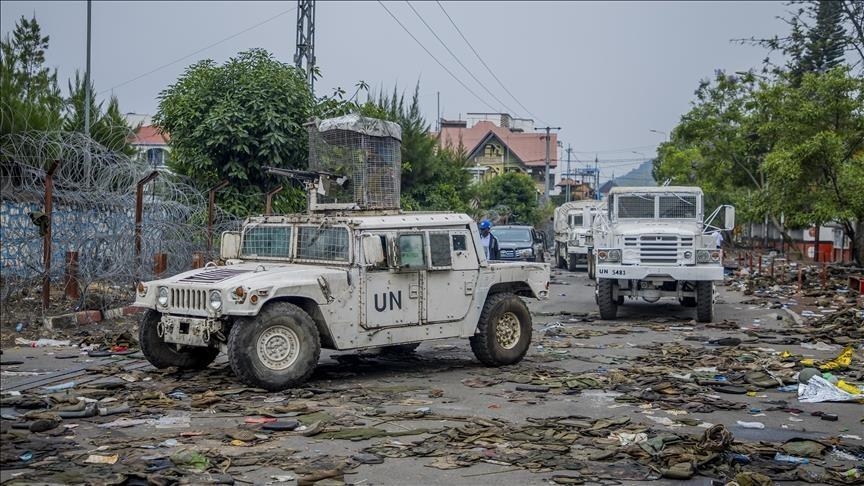- Details
- East Africa
- 547
The heads of state of the Southern African Development Community (SADC) and the East African Community (EAC) blocs resolved Monday to “expedite the peace process” in the eastern Democratic Republic of Congo by appointing an expanded panel of five facilitators.
The decision was reached at a virtual summit convened to address the escalating security situation in Congo that was co-chaired by Kenyan President and EAC Chairperson William Ruto and Zimbabwe’s President Emmerson Mnangagwa, who is also the chairperson of the SADC.
Those appointed facilitators include former Presidents Uhuru Kenyatta of Kenya, Olusegun Obasanjo of Nigeria, Kgalema Motlanthe of South Africa, Sahle-Work Zewde of Ethiopia, and Central African Republic’s Catherine Samba-Panza, according to a communiqué.
The summit also adopted a report of the Joint EAC-SADC Ministerial Meeting held in Harare last week that outlines the immediate and long-term measures to attain sustainable peace in eastern Congo, including “steps to a ceasefire, cessation of hostilities and the setting up of a secretariat to monitor implementation of the decisions of the joint summit,” President Ruto said on X.
The leaders met on the same day that Angola announced that it had ended its role as a key African Union mediator between M23 rebels, the Congo government, and Rwanda to concentrate on the work of the African Union.
Last week, the M23, the rebel group at the center of the conflict in eastern Congo, announced its intention to pull its forces from the strategic mining town of Walikale and its surrounding areas in North Kivu province to support peace initiatives aimed at fostering conditions conducive to political dialogue.
However, local media reports said the rebels were still visible in the town on Monday.
Congo and others accuse neighboring Rwanda of backing the M23 rebels. Rwanda, however, denies the allegations. By James Tasamba, Anadolu Agency






